













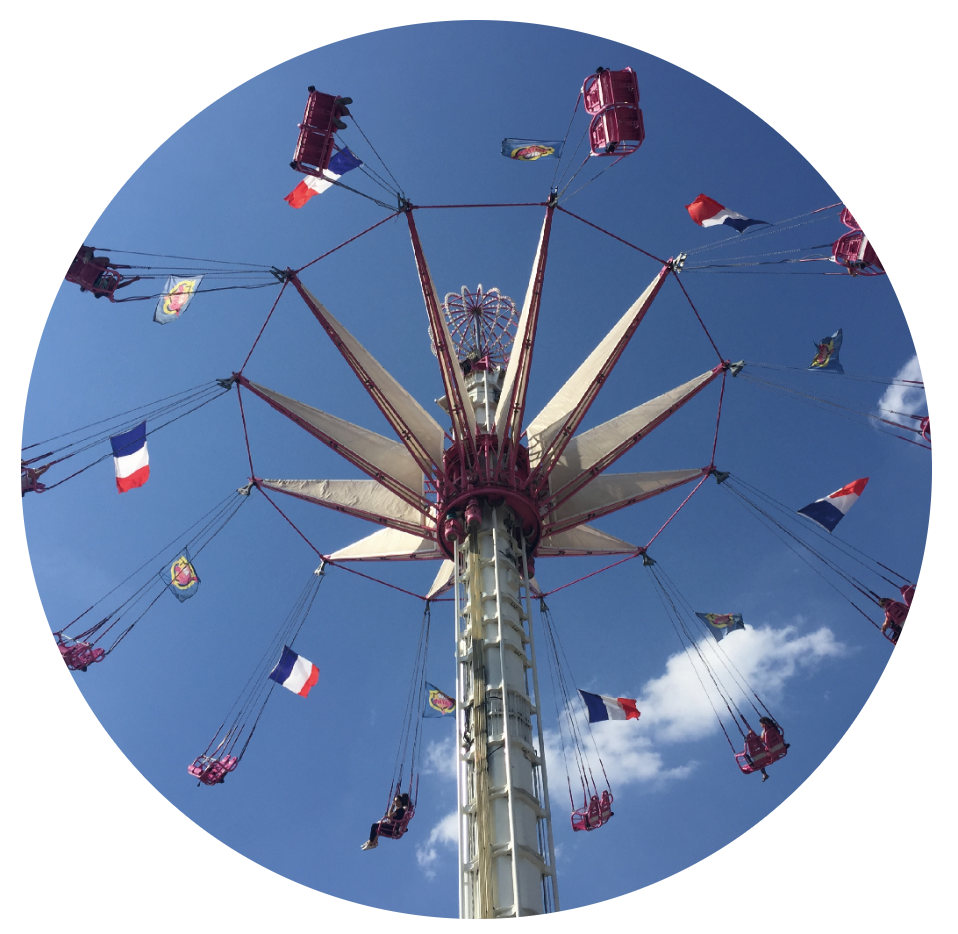




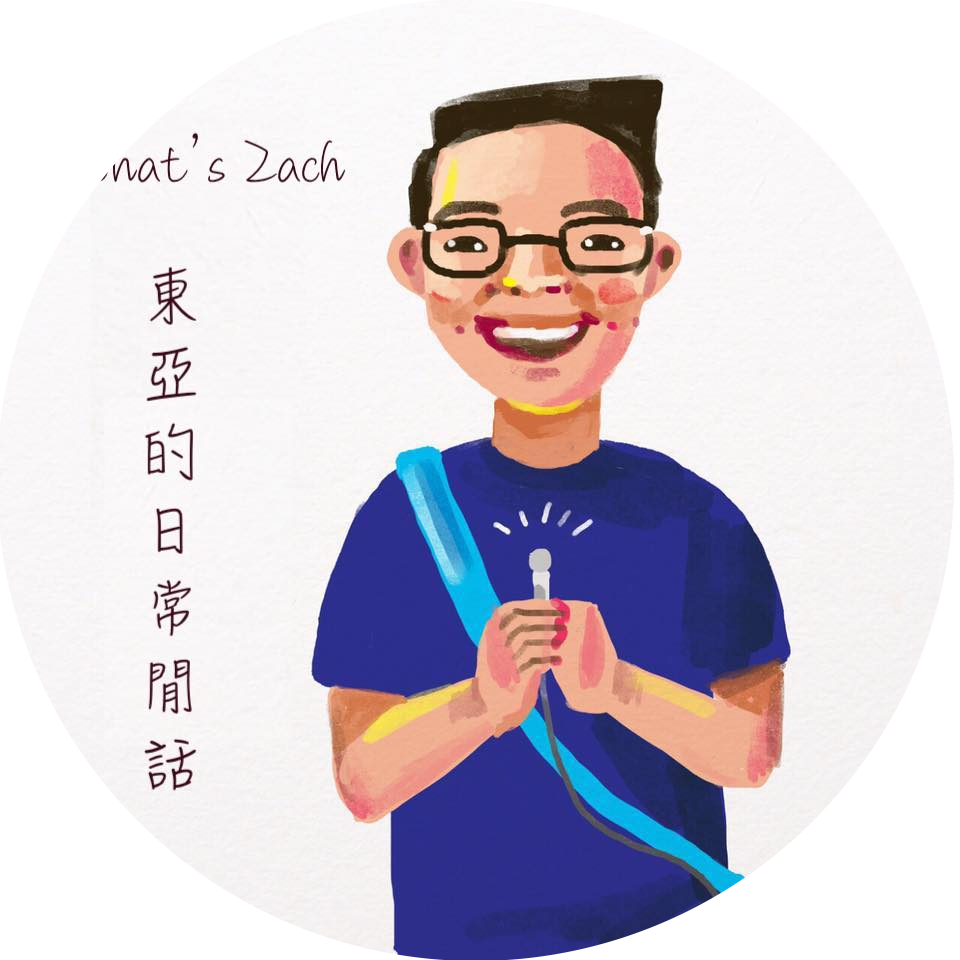







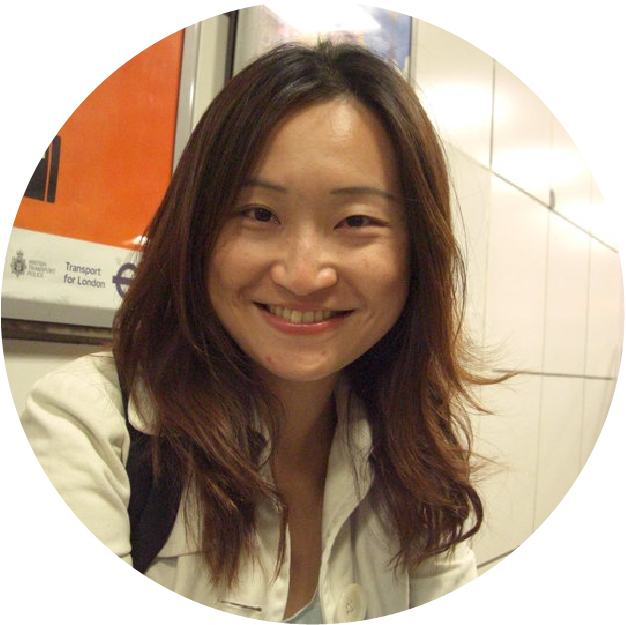





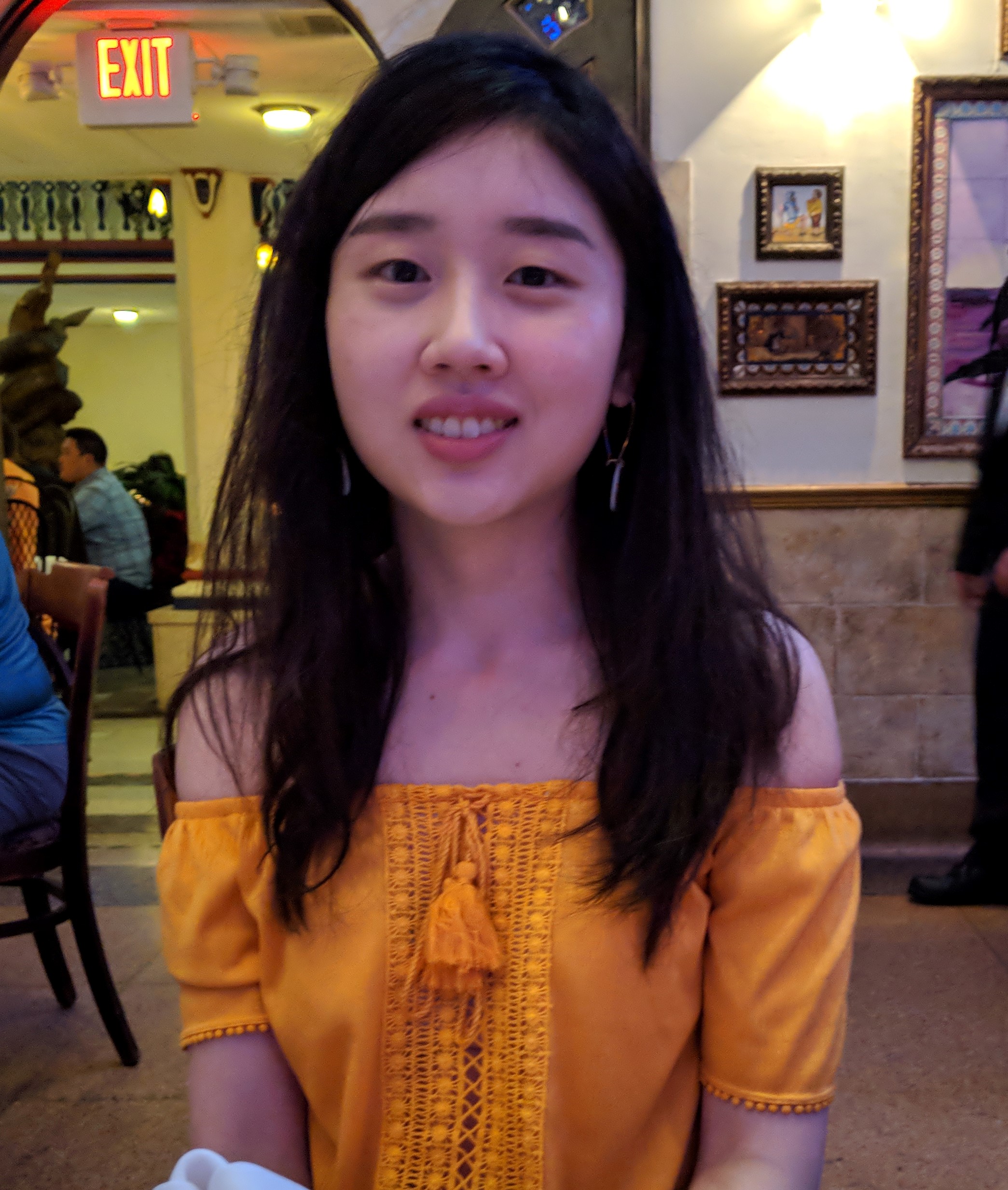
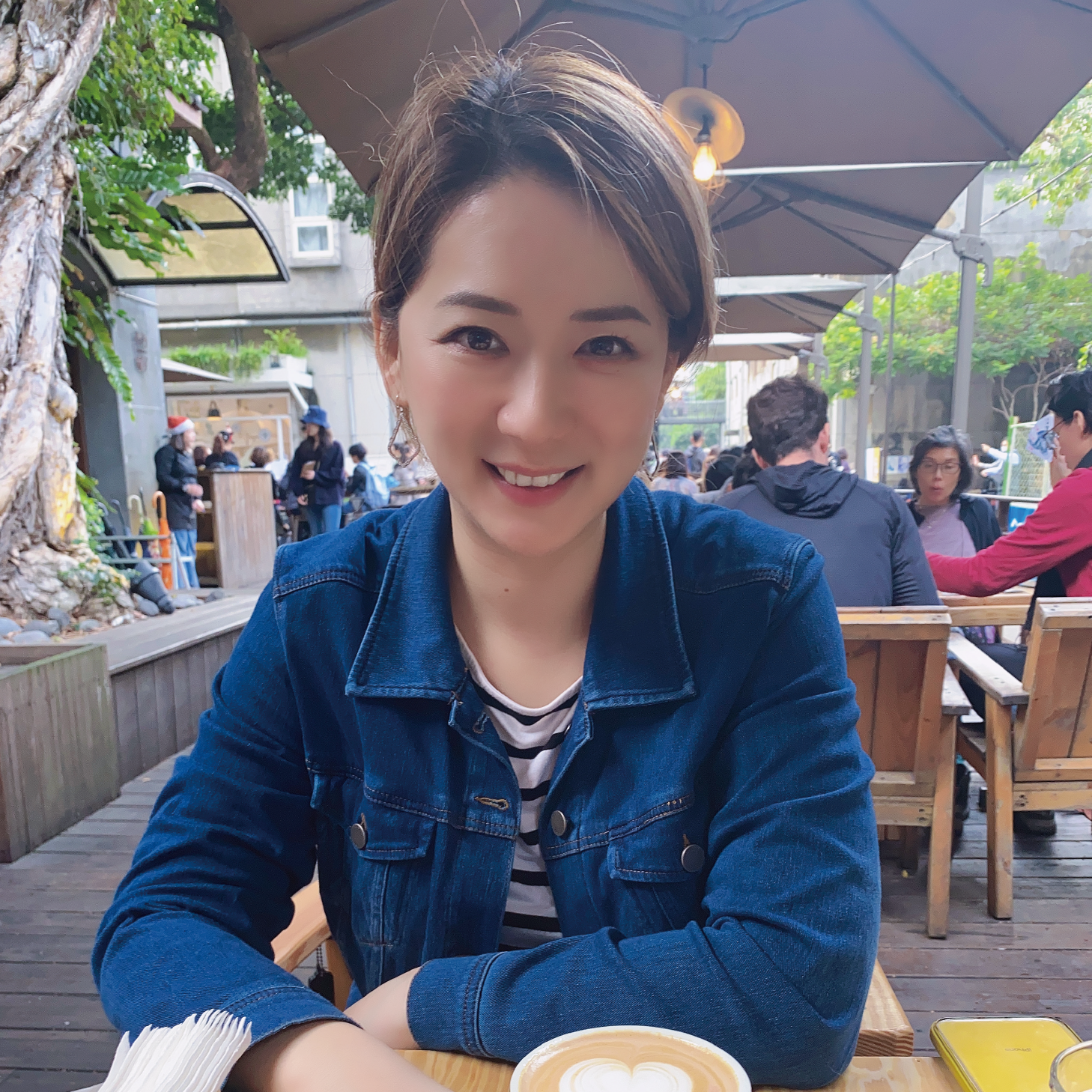


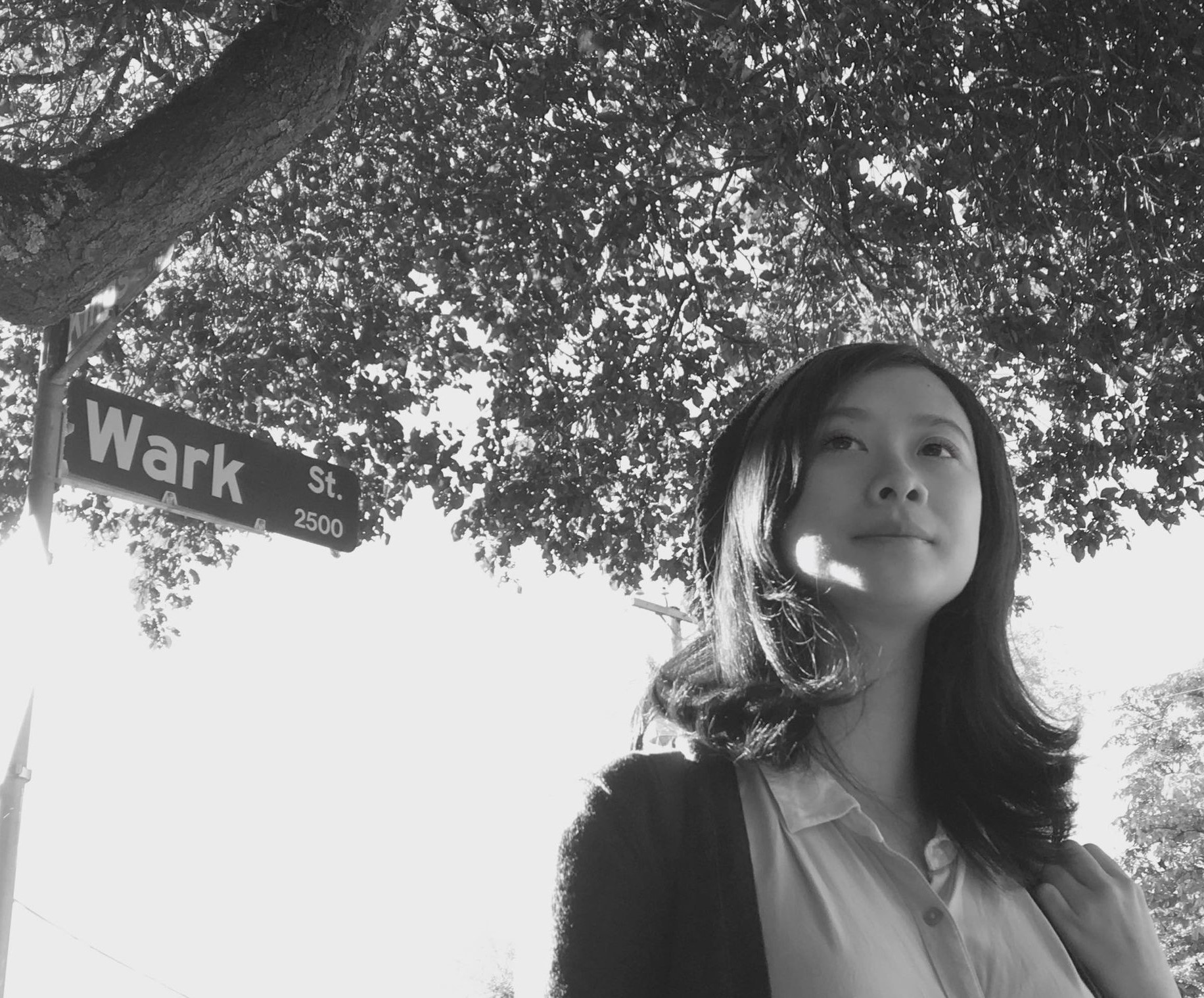












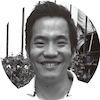






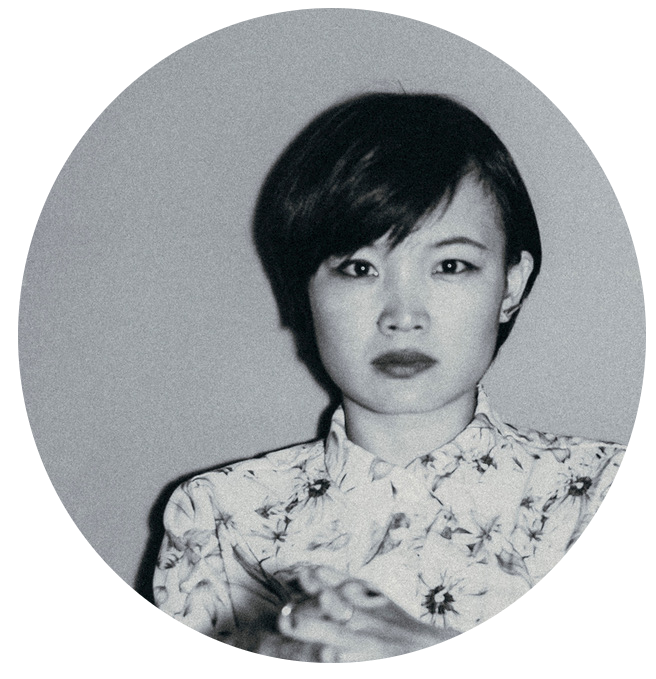



The Language of Humour 誰發明了幽默
胸懷大志的畫家仰望珍藏在美術殿堂的前人,音樂家仰望接受熱烈喝采的大師,太空人仰望,再仰望著,獨自漂流在對流層之上的科學家。學語言的人,也該仰望,俯視,環顧四周,直到找到足以效法的語言學家(或是懂得多種語言的人。)
Aspiring painters look up to enshrined artists. Aspiring musicians look up to applauded virtuosos. Aspiring astronauts look up, and up, to scientists floating idly above the stratosphere. And so aspiring language learners must also look, whether it is up, down or around, for accomplished linguists on which to model themselves.
Native English speakers似乎較少通曉第二外語?可能是因為全世界的人都在翻譯,或誤譯英語。
In Anglophone countries, however, they may be obliged to look for some time. Proficiency in a foreign language is not exhaustively common among native English speakers. This may, in part, be explained by the global supremacy of Anglophone culture. The world is being translated into English; or rather the world is being mistranslated into English. The scale of the enterprise, which constitutes no less than the Anglicisation of all creation, dictates that quantity must precede quality.
另一個可能是,光要搞懂英國各地的口音,就夠讓人頭疼了。
英國人也霧煞煞的利物浦腔
But there are, I believe, other reasons for the terrific incompetence of Anglophone speakers in reading foreign menus. English has no living dialects, only living accents. A gentleman from the northernmost tip of Scotland may converse with a lady from the southernmost tip of England with no greater obstruction than the social awkwardness that is typical of conversation between her Majesty's subjects. The Germans, the Scandinavians and the Chinese, on the other hand, often meet compatriots who host different opinions on questions such as grammar and vocabulary. When the austere Prussian waiter encounters the birdsong of a Bavarian ordering his lunch, it takes all of his cognitive faculties to ensure that the sausage presented is cooked to the correct specifications. For those whose mother tongue has bred the progeny that we call dialects, linguistic difficulties are daily occurrences that provide training for the tremendous feat of learning another language. Lamentably, all the training that the English receive is in decoding the Liverpudlian accent, which soon dissuades them from venturing into further linguistic intrigue.
英國高中生通曉第二外語的比例是9%。瑞典是82%。
I am tired of hearing our politicians blame problems that they are too lazy or irresponsible to solve on primary and secondary education. Learning is for life. If I had my way, retirement homes would be transformed into research institutes, where old age pensioners would fathom the mysteries of art and science between scheduled naps and rounds of scrabble. But in the case of languages, the British education system does seem to be at fault. Allow me to furnish this page with a few statistics. They are not entirely decorative. The number of students who learn French until eighteen in the UK has halved in the past decade. Only nine percent of British students complete high school with competence in a first foreign language, in comparison with eighty-two percent in Sweden.
你仰頭望著你的英文老師嗎?
In Taiwan the intensity of language tuition far surpasses that of the UK. But I doubt that many Taiwanese students wish to take language teachers as their linguistic models. As far as I can recall from my own schooldays, teachers do not often inspire emulation. On the contrary, they embody their greatest lesson: take heed of my fate lest it should become your own! We have to look beyond the school walls for models. The library is a good place to start.
「黑暗之心」和「蘿莉塔」是外國人寫的
The two most famous examples of a foreigner who has produced great literature in the English language are Joseph Conrad and Vladimir Nabokov. Conrad, a Polish sailor whose work firmly straddled the late 19th and early 20th centuries, began to learn English as late as twenty years old. There is a mildly alien quality to his prose that derives from its dense precision and heavily measured tone. But it is this same quality that defines him as one of the greatest stylists in the English language. Nabokov is, as far as I am aware, the only writer to have produced a significant body of work in two languages. Until the age of forty, he wrote exclusively in Russian, producing nine consistently brilliant émigré novels. On the brink of the Second World War, he was forced to flee from Europe to the States with his Jewish wife. Here, in the ripeness of middle age, he began to write in English. Lolita, Pnin and Pale Fire number among the greatest American novels of the twentieth century.
There is, however, an intimidating nature in both Conrad and Nabokov that precludes them as linguistic models. The former’s work has an almost mechanical weight, while the latter is inimitably virtuosic. There is a Chinese writer, however, who serves as a more approachable master of English prose.
第3個大師:林語堂
Lin Yutang has long been a household name in China and Taiwan, but in the West, he has fallen into virtual anonymity. Almost all of his books, with the exception of "The Importance of Living" and one minor novel, "Chinatown Family," are out of print. The rest can be found, like everything else that is mentally conceivable, on the Internet. It is bizarre that, at a time when many Western readers would most welcome a native interpreter of Chinese culture, we should neglect Lin, who has written so vividly on his nation's history, philosophy and literature.
Born in 1895 in Xiamen, Lin grew up in a Christian family. Attending a missionary school facilitated his early contact with Western culture, but his excellent English was not the pure gift of a privileged youth. A moving biography, written by his daughter Lin Taiyi, depicts the portrait of a gently ambitious young man whose education was fed by a tremendous appetite for the English written word. Having excelled at university, he went on to study at Harvard and Leipzig. On his return to China, Pearl S. Buck, the first female Nobel laureate for literature (also now unread), encouraged him to write a book introducing China to the American public. The result was "My Country and My People." This work is still unrivalled in its delicate and humorous treatment of China's cultural complexities.
藝術應該是一種諷刺文學
Lin Yutang is an example of that rare kind of writer who wins over his readers almost entirely by virtue of authorial charm. He wrote at a time of political and social chaos, but his work is infused with warmth, displaying a full capacity for life, tempered by the wisdom to laugh atits shortcomings. It was, in fact, Lin who coined the Chinese neologism for humor 幽默 (youmo). The characters are well chosen. 幽, which standing alone means "quiet" or "hidden," suggests that the best humor is almost always understated, while 默, meaning silence, might indicate that the fine witticisms leave a certain amount unsaid.
Lin wrote broadly on the subject of language and, in particular, reading. In ount unsaidance of Livingj he writes,"There are no books in this world that everybody must read, but only books that a person must read at a certain time in a given place under given circumstances and at a given period of his life." I am tempted, however, to think that Lin's books may be read at any time, in any place, at any period of one's life. That, at least, is why he is my model.■
本文收錄於英語島English Island 2015年3月號
訂閱雜誌
| 加入Line好友 |  |
 -- 作者:William Blythe
-- 作者:William BlytheWhen younger, I was under the false but not altogether unpleasant impression that I was different. Naturally, it was also vital that I should study something extraordinary at university. Back then, China was not the celebrity of the front pages that it is now, and Mandarin was studied mainly by eccentrics. I was, or so I thought, more than qualified for the task.
Much of the next ten years I spent studying and working abroad; first in France, then China, followed by Taiwan and Germany. Having tried for so long to be different, as a foreigner, I had to do my best to be the opposite. There was some sadness in this. My ego and a few old friends were offended. But living in different culture is, I've found, more interesting than trying to be different.

 擔心生理健康,心理卻出問題?
擔心生理健康,心理卻出問題?




